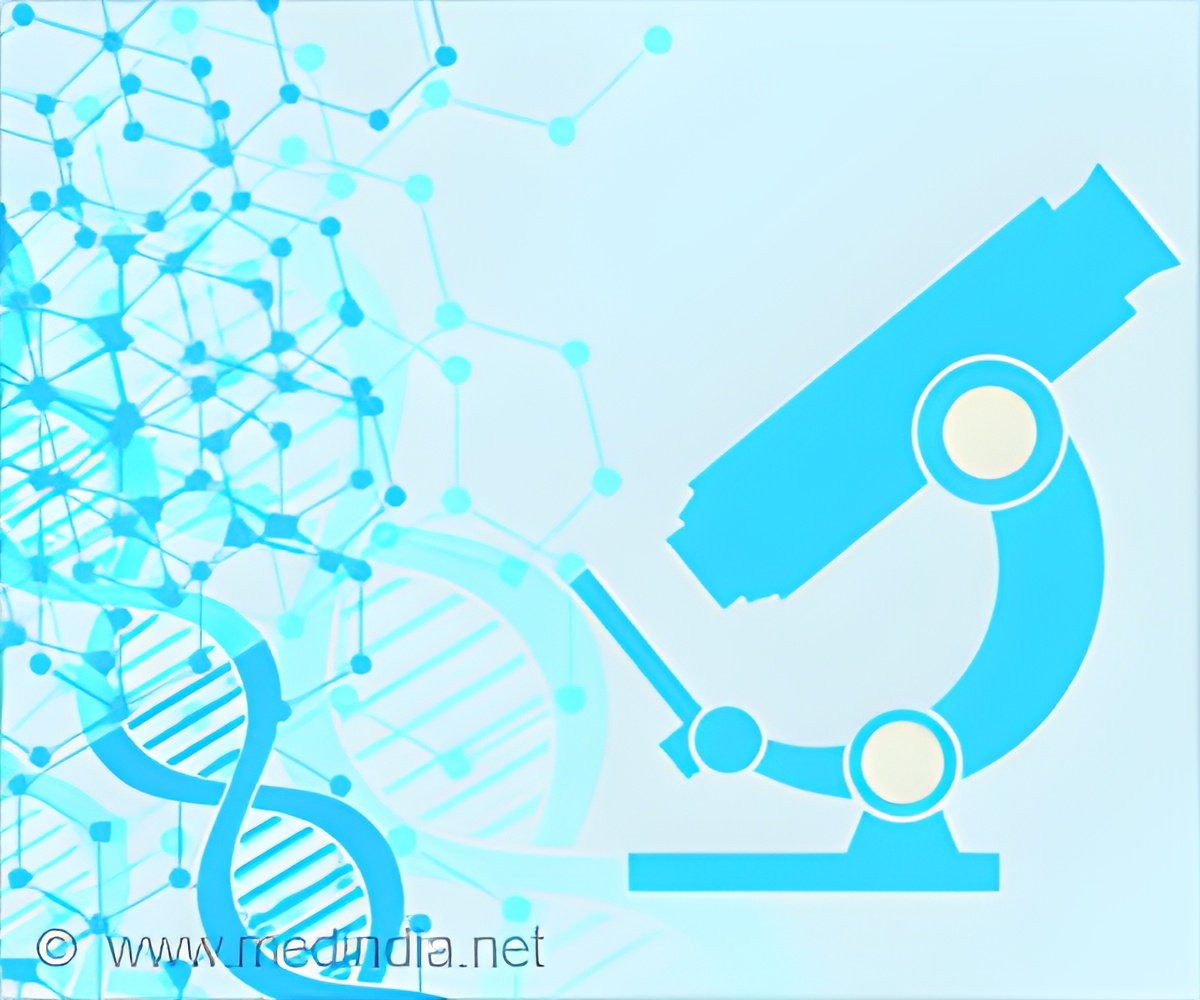Genes continue to remain active even 24 to 48 hours after death, providing vital clues for organ transplantation and forensics.

- Certain genes have been found to function even 48 hours after death
- This revelation could be an important discovery for organ transplantation.
- This study on mice and zebrafish can open doorways to better forensics.
The current research is a continuation of research on the dead that Dr. Noble took up a couple of years ago when the type and population of microbes on organs after death was his primary aim. “It’s an experiment of curiosity to see what happens when you die,” Noble says as his current research focuses on genes that are active after death.
The discovery of active genes from certain organs in the human cadaver have been reported before, but Dr. Noble’s research takes it a step higher as he analyzed about 1000 genes from the brain and liver samples of mice and zebrafish.
Gene activity was detected by quantifying the level of mRNA that was secreted. The mRNA levels were recorded soon after death and for a few days after death.
The levels were recorded,
- for 4 days after death for zebrafish
- for 2 days after death for mice.
The genes that have been found to get activated include genes that are present during fetal development and are subsequently silenced after birth and genes that lead to the development of cancer.
Benefits Expected from This Research
- Organ Transplants: The functioning of genes and their activation after death will enable better understanding of organ behavior after transplant from cadaver to donor. The study could provide better perception about organ rejection characteristics.
- Energy Supply: The fact that genes switched on after death and their levels peaked after 24 hours showed that there was enough energy supplies.
- Development of Cancer after Liver Transplant: The study showed that genes that were activated during development of cancer were triggered after death. This could explain the high risk for cancer development after liver transplant. Using data from such studies, organs can be screened for the presence of active cancer genes before they are transplanted.
- Forensic Analysis: A complete
understanding of which genes peak and the levels noticed after 24 to 49 hours
will let forensic experts determine the time of death by up to minutes.
Gene activation after death could be a last attempt by the body to revive, a natural quest for survival and which could aid medical researchers to unearth certain mysteries surrounding the human body.
- ‘Undead’ genes come
alive days after life ends
http://www.sciencemag.org/news/2016/06/undead-genes-come-alive-days-after-life-ends - Some
Genes Don’t Turn On Until After You Die
http://www.pbs.org/wgbh/nova/next/body/some-genes-dont-turn-on-until-after-you-die/










